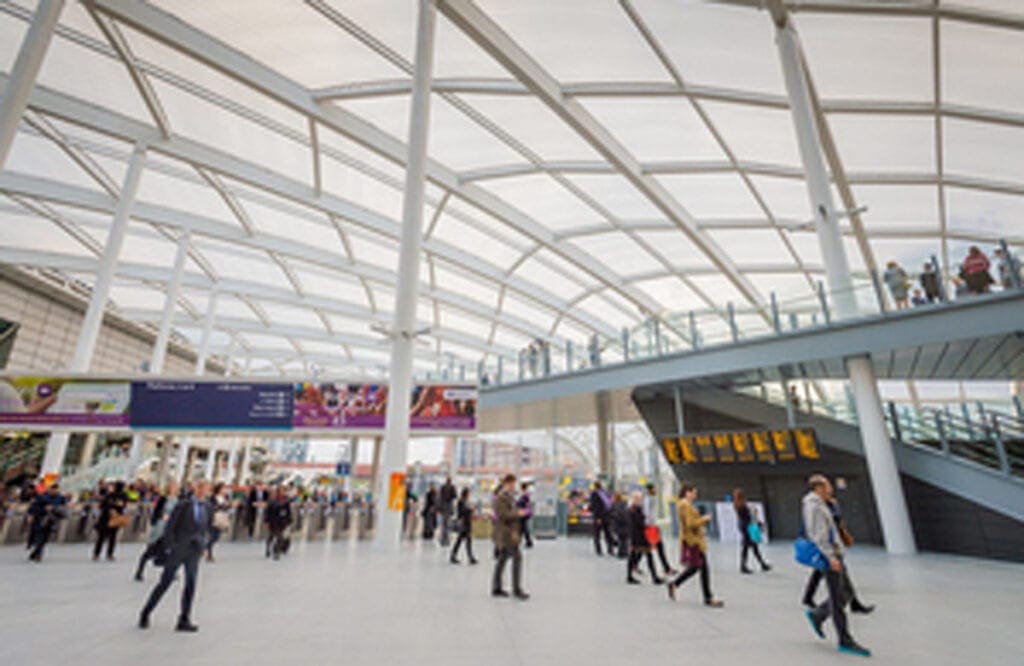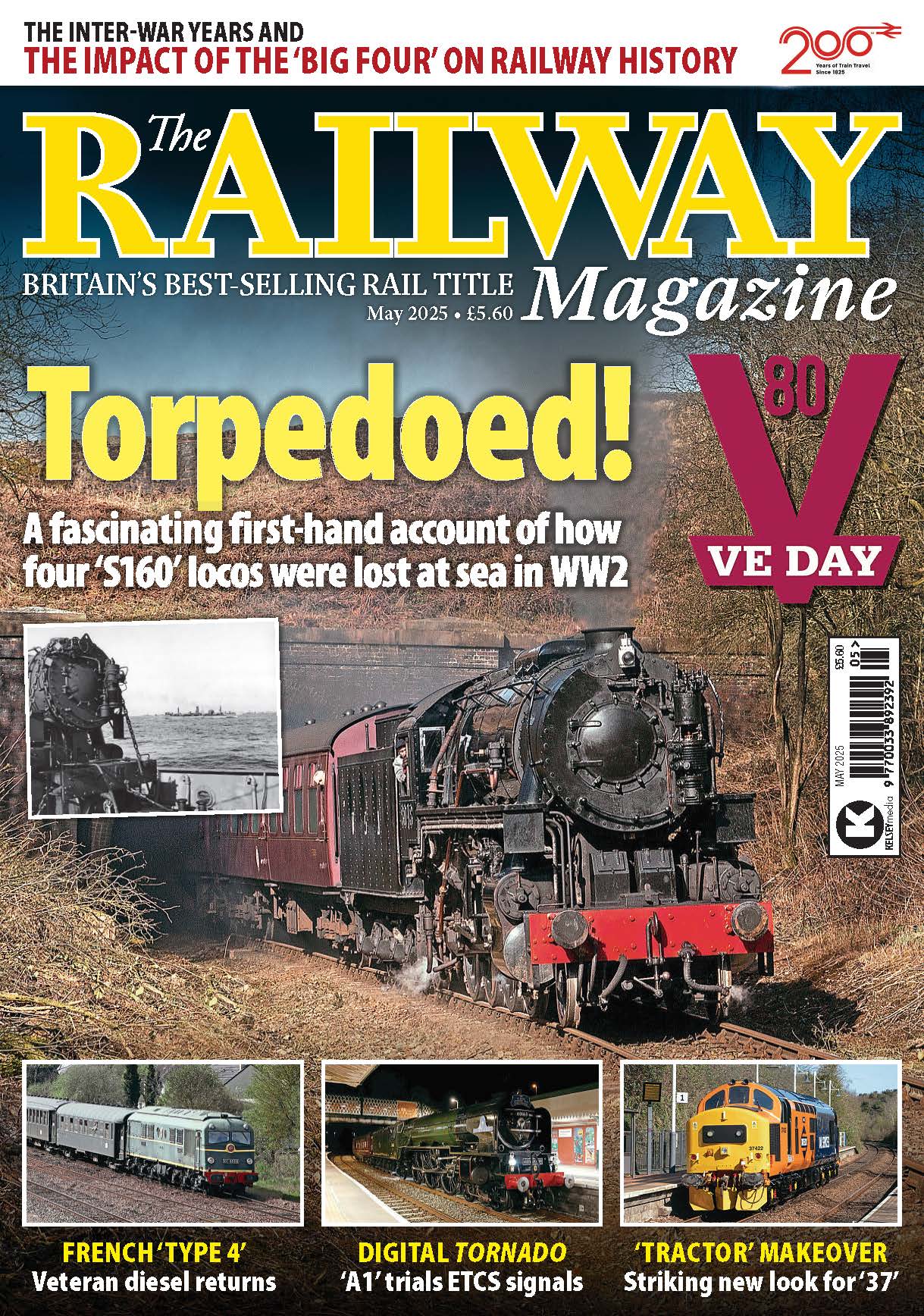
Improvements to rail services in the north of England will get a £589 million kick-start, the government has announced.
The cash injection will go towards electrifying the line between Manchester and Leeds, and doubling the number of tracks on the most congested sections in and around Leeds and Huddersfield.
The most congested section of the route will be doubled from two to four tracks, allowing fast trains to overtake slower ones, improving journey times for passengers across the North.
Monthly Subscription: Enjoy more Railway Magazine reading each month with free delivery to you door, and access to over 100 years in the archive, all for just £5.35 per month.
Click here to subscribe & save
“This government is determined to accelerate improvements as we invest billions to level up the region’s infrastructure.”
Grant Shapps MP
Full electrification, digital signalling, more multi-tracking and improved freight capacity are under consideration as part of an ‘Integrated Rail Plan’ due to report in December 2020.
A new Northern Transport Acceleration Council dedicated to accelerating vital infrastructure projects and better connecting communities across the North’s towns and cities has also been announced.
‘Progress and ambition’
Transport Secretary and Northern Powerhouse Minister Grant Shapps said that the people across the north of England “rightly expect action, progress and ambition.”
“This government is determined to accelerate improvements as we invest billions to level up the region’s infrastructure,” he added.
Government gear change
Mayor of Greater Manchester, Andy Burnham, said he welcomes the new drive from the government.
“This feels like a gear change from the government in the delivery of transport improvements in the North of England and I welcome the new drive that the Transport Secretary is bringing to this,” he said.
“People here deserve a modern, reliable public transport system and it is my hope that the Northern Transport Acceleration Council will bring forward the day when that is a reality. It is crucial that the council listens to the voice of the North and is accountable to people here through their elected politicians and bodies such as Transport for the North.
“The additional funding for the Transpennine route upgrade is a welcome sign of intent from the government. The North has long argued for the existing scheme to be upgraded to bring the full range of passenger and freight benefits and we are glad that the government has listened to this. But it is important to be clear that upgrading the existing railway between Manchester and Leeds does not diminish the need for a new line in Northern Powerhouse Rail nor does it solve the capacity issues in central Manchester which require a separate solution.”
Mr Burnham says his top priority is to build an integrated transport system in Manchester similar to London.
“As we look to recover from COVID-19 and build back better, I am ready to work in constructive partnership with the government to get visible transport improvements as quickly as possible. My top priority is to build a London-style, integrated public transport system in Greater Manchester and I look forward to working with the Secretary of State on making this vision a reality.”
Other improvements
Improvements to allow more freight on the route, replacing thousands of diesel lorry journeys with electric freight trains, will also be considered in the plan.
Work is also underway to tackle the bottlenecks at either end of the route without which the upgrade’s potential cannot be fulfilled. Leeds station is being resignalled and a new platform is being built. In central Manchester, development funding was awarded last month to tackle rail congestion.
The council launched today will ensure northern leaders have a direct line to ministers and has been formed with the desire to cut bureaucracy and red tape so passengers can get the modern, reliable transport network they deserve as quickly as possible.
As part of the government’s wider strategy to level up communities and strengthen devolution, the council’s work will engage with DfT staff based in northern cities and dedicated to delivering for the North.
This follows the announcement of a range of investments to level-up infrastructure across the North including £20 million to deliver infrastructure renewals on the Tyne and Wear Metro, following the announcement of £15 million to upgrade Horden, Darlington and Middlesbrough stations.




